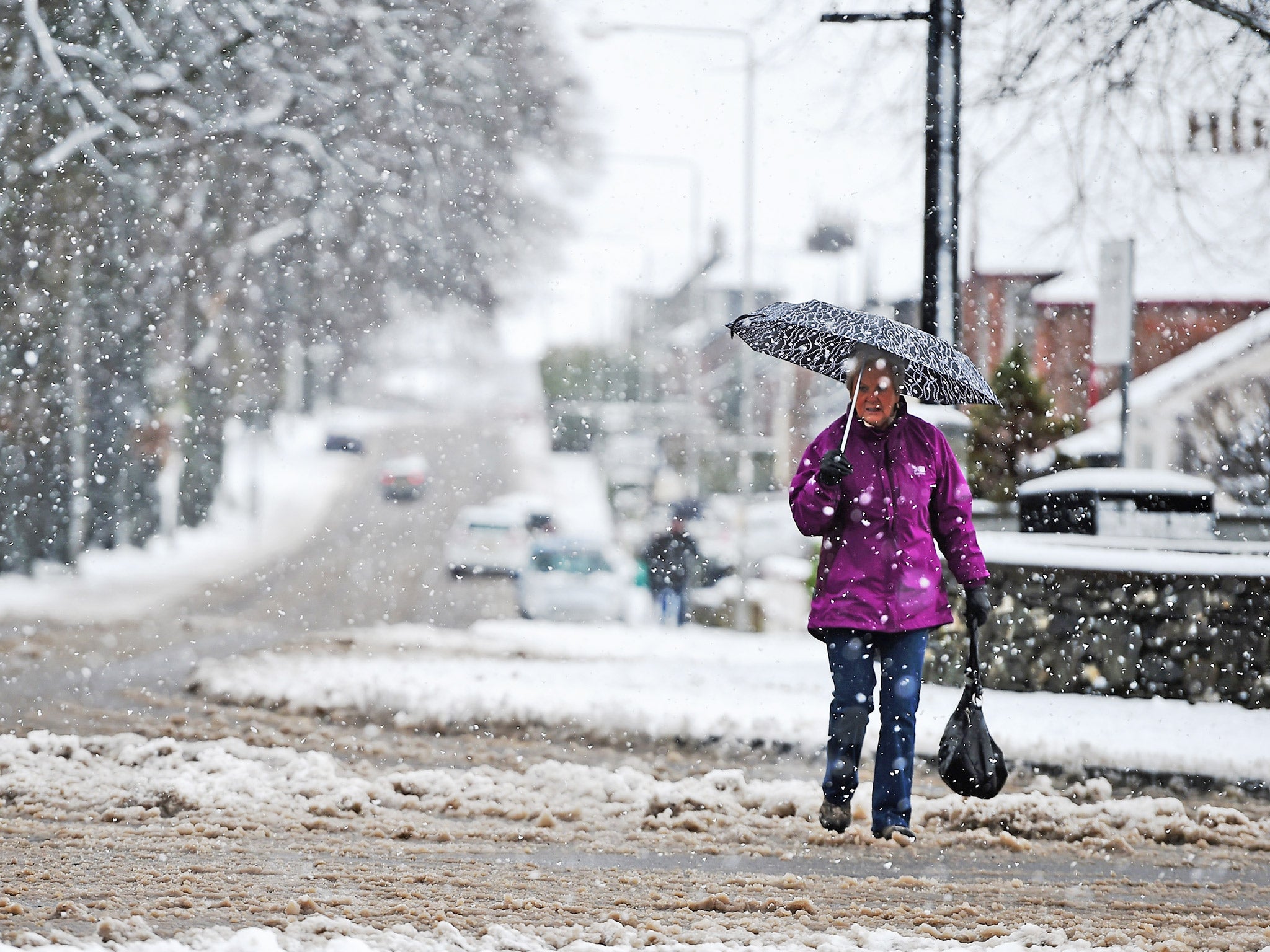More than 22,000 die in Scotland's deadliest winter in 15 years
The figures have led to calls for ministers to take action against the 'scourge' of homes which are cold or difficult to heat

Your support helps us to tell the story
From reproductive rights to climate change to Big Tech, The Independent is on the ground when the story is developing. Whether it's investigating the financials of Elon Musk's pro-Trump PAC or producing our latest documentary, 'The A Word', which shines a light on the American women fighting for reproductive rights, we know how important it is to parse out the facts from the messaging.
At such a critical moment in US history, we need reporters on the ground. Your donation allows us to keep sending journalists to speak to both sides of the story.
The Independent is trusted by Americans across the entire political spectrum. And unlike many other quality news outlets, we choose not to lock Americans out of our reporting and analysis with paywalls. We believe quality journalism should be available to everyone, paid for by those who can afford it.
Your support makes all the difference.Last winter was the deadliest that Scotland has experienced for 15 years, official statistics have revealed, leading to calls for ministers to take action against the “scourge” of homes which are cold or difficult to heat.
More than 22,000 deaths were registered in Scotland between December and March, according to data published by the National Records of Scotland (NRS) on 20 October – the highest overall number since the winter of 1999. The spike follows a record low of 18,675 deaths in the winter of 2013/14.
The Scottish Government said the rise in the death toll could reflect the growing number of elderly people living in Scotland with multiple health problems. Respiratory and circulatory diseases were responsible for many of the deaths.
Last winter’s “seasonal increase” in mortality – the number of additional deaths compared with the average for the two adjacent four-month periods – was 4,060, up from 1,600 the previous year. Of these, 1,940 were in the 85-plus age group, with a further 1,240 among those aged 75 to 84.
Tim Ellis, chief executive of the NRS, said there was no “single cause” behind the rise in winter deaths, adding that the number could fluctuate from year to year but appeared to be declining over the long term. “There are always more deaths in the winter in Scotland than in any other season. Unfortunately, last winter had an unusually high seasonal increase, when compared with the previous 14 winters,” he added.
Scotland’s chief medical officer Catherine Calderwood urged older people, pregnant women and those with underlying health conditions to take up free flu vaccinations. “While in many cases of winter mortality influenza will not be the main cause of death, it can aggravate underlying long-term conditions, which may have had a significant impact on the sick and elderly last winter,” she said.
Theresa Fyffe, director of the Royal College of Nursing Scotland, said it was “indefensible” that some of the country’s most vulnerable people were still living in cold or difficult to heat homes. “Nurses are on the frontline of caring for patients and are all too familiar with the stories behind these winter mortality statistics,” she said.
“Ending cold homes and cutting fuel bills through improving the energy efficiency of Scotland’s homes should be a priority for political parties coming in to next year’s Scottish Parliament election.”
Opposition politicians said the figures should serve as a warning to the Scottish Government ahead of the coming winter. Liberal Democrat health spokesman Jim Hume said: “With predictions that this winter could be the coldest on record, SNP ministers need to ensure that our NHS staff get the support they need to keep people healthy, particularly older Scots who are vulnerable to winter infections.”
Join our commenting forum
Join thought-provoking conversations, follow other Independent readers and see their replies
Comments